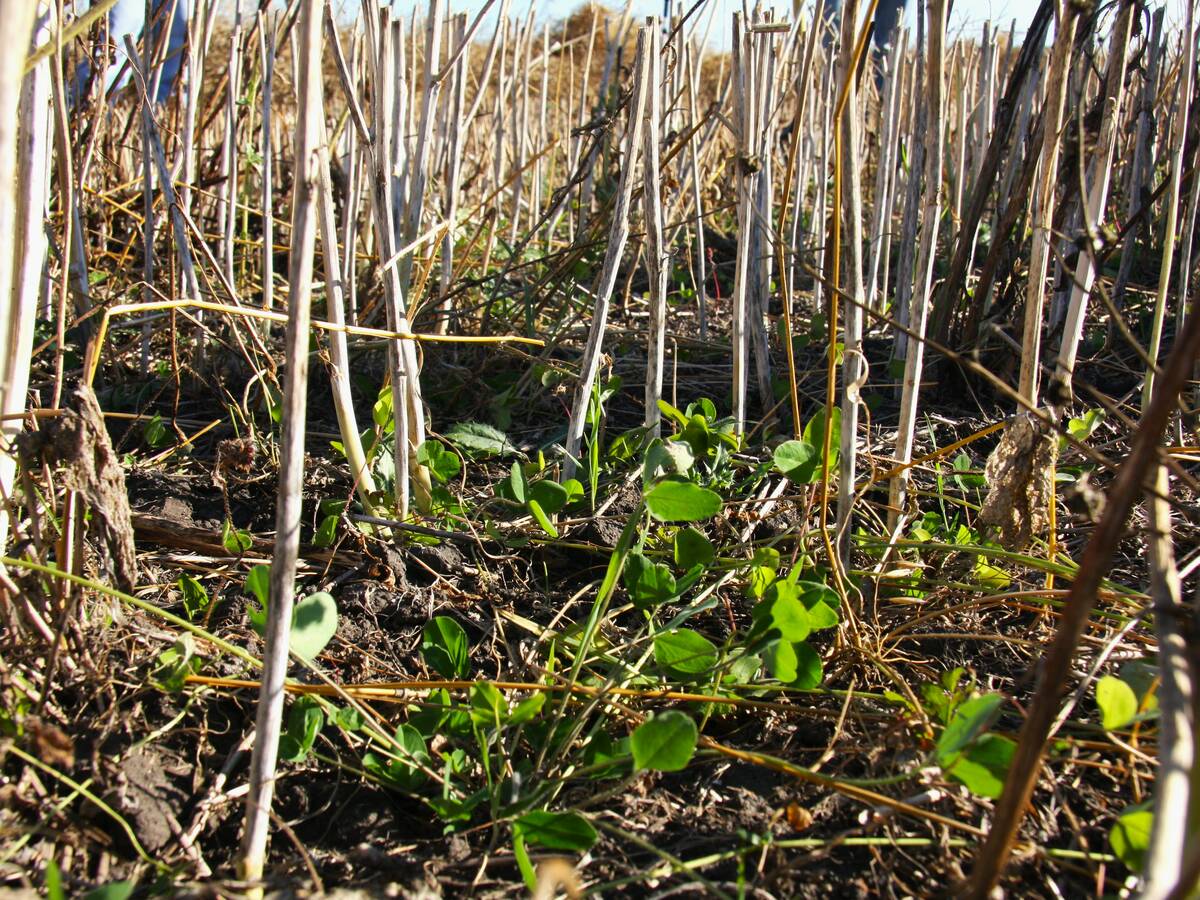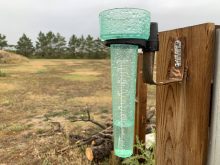BRANDON — Sometimes everything just adds up right.
That seems to be what gave Manitoba a “surprising and pleasant shock” in canola yields in 2016. The western Prairies didn’t do as astoundingly, but some good fortune allowed the crops to yield much better than most feared during the drought.
Manitoba farmers harvested 3.1 million tonnes, Statistics Canada found, with a 44 bushel per acre yield. Manitoba crop insurance estimated a 47 bu. average.
“That was extremely shocking to me,” Angela Brackenreed, an agronomist with the Canola Council of Canada, said at Manitoba Ag Days.
Read Also

Saskatchewan project sees intercrop, cover crop benefit
An Indigenous-led Living Lab has been researching regenerative techniques is encouraging producers to consider incorporating intercrops and cover crops with their rotations.
“That’s far and away a new record for Manitoba.”
The rest of the Prairies weren’t so fortunate, but still managed to pull off a good crop of 21.3 million tonnes with a 41 bu. per acre average.
Brackenreed said numerous agronomists have crawled through the data to figure out why canola fared so well during a hot and very dry summer when at times the crop seemed imperilled.
Many have focused on subsoil moisture, and Brackenreed said hefty soil moisture reserves from 2016 lingering in the root zone did a lot to carry the crop through.
Manitoba has faced many wet years in the past decade, and that has kept the water table close to the surface. Crop roots were able to directly access the water table in some places last summer.
“That is how we were able to sustain our crop’s growth, not something we can normally rely on,” said Brackenreed.
Manitoba also had a great combination of factors that reduced stress on the crop.
Heat stress during the day was countered by lower-than-average nighttime temperatures.
The dryness appears to have kept a lid on the severity of sclerotinia and blackleg. It appears that pest insects also didn’t do well in the dryness, while beneficials and fungi did.
The conditions that produced the 2017 miracle aren’t likely to prevail this year, Brackenreed said.















